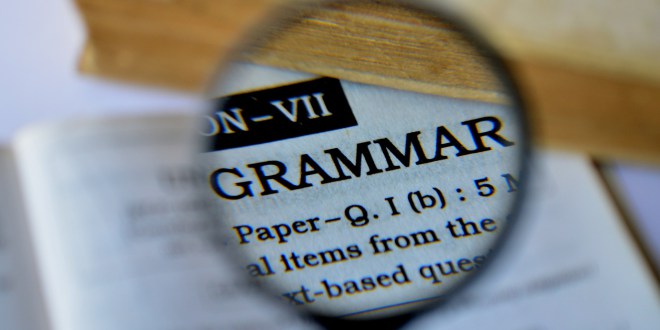Adverbs are words commonly used to describe or modify a verb, and adjective, or another adverb. To test whether or not a word is an adverb, ask these questions: “How? How often? To what degree? Where?”.
The following sentence shows four adverbs in Italics.
Earlier, Elsie had waited there very impatiently.
When? Where? To what degree? How?
Earlier, there, and impatiently described the verb had waited. Very describes impatiently, another adverb.
Another common indicator of adverbs is the addition of -ly at the end of a word.
quietly, roughly, gingerly, softly, worldly
Many words that may function as adverbs do not end in –ly.
often, sometimes, then, when, anywhere, anyplace, somewhere, somehow, somewhat
yesterday, Sunday, before, behind, ahead, seldom, never, not
Also many adjectives do end in –ly.
womanly, manly, comely, costly
Confused yet?
Remember to ask questions about what the word is describing. If it describes a noun but ends in
-ly, it’s an adjective.
The comely cashier gave the crying toddler a lollypop. (Comely describes cashier, a noun.)
When writing fiction, relying on adverbs to show action is considered weak writing. Avoid using them. Replace with descriptive verbs instead.
The teenaged quarterback ran quickly up the front steps. Weak
The teenaged quarterback bounded up the front steps. Better
Happy writing!




No Comments